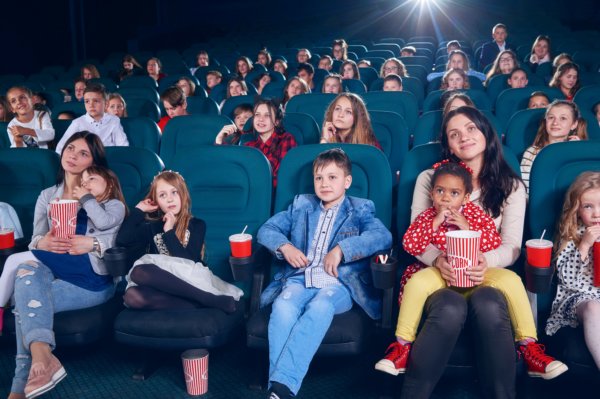
A special treat in your family’s social calendar may include a game of bowling or a trip to the cinema, but how often do you visit the theatre to watch a show, ballet or musical performance?
The theatre is a memorable experience for people of all ages, so it’s never too early to introduce kids to drama, singing and dancing. If your child has never been before, it’s a good idea to find a show that’s based on their favourite book, or you could see a Christmas show to get everyone into the festive spirit.
If 90 minutes of fun and laughter isn’t enough reason to consider a theatre trip for your next family outing, take a look at the following:
1. Quality Family Time
First and foremost, quality family time is precious, especially when it means doing something entertaining outside of your everyday routine. But with different age groups and interests to please, picking a communal activity that everyone will enjoy can be a challenge.
However, the beauty of family theatre is that it can be enjoyed by all ages. While one child may go in thinking they don’t like singing and dancing, they’ll soon be humming and tapping along — it’s contagious!
There’s a little bit of science behind this too. Research shows that those who attend the theatre together will synchronise their heart rates, which promotes a close connection and social bond. I think we can all agree that this is a lovely way to spend time as a family.
2. Dress up for a Special Occasion
There’s a long and fabulous history of patrons attending the theatre in their best clothes, and while there’s no need for ballgowns and pearls today, there is a theatre etiquette to adhere to.
Most people like to wear their best outfits, including younger fans, so this is the perfect opportunity to pull out the children’s party dresses and dapper shirts and beam with pride at how smart everyone looks.
3. Aids Child Development
Research suggests that there are many benefits of live theatre in a child’s development — it can aid their understanding of emotions, enhance social bonds and play a useful role in helping them develop emotional intelligence.
Storytelling is a fantastic way to educate your little ones about important societal topics, as there are often all sorts of underlying themes, from love and friendship to how bullying and distress are handled.
As a result, this can pave the way for traditionally difficult conversations. For example, when watching The Lion King, the child can put themselves into Simba’s shoes, which gives them an insight into loss and grief as well as bravery and hope. You may find that they ask lots of questions afterwards, which they’ll relate to scenarios in their own lives.
4. Creativity and Imagination
We often put a large focus on traditional educational subjects like Maths, English and Science and not enough on developing the right side of the brain. But there are so many beautiful positives from seeing more drama, art and music — you never know what it will inspire your child to be and do!
As soon as the lights are dimmed and the audience chatter settles, look at your child’s face and watch as theý’re enthralled by what’s coming next.
